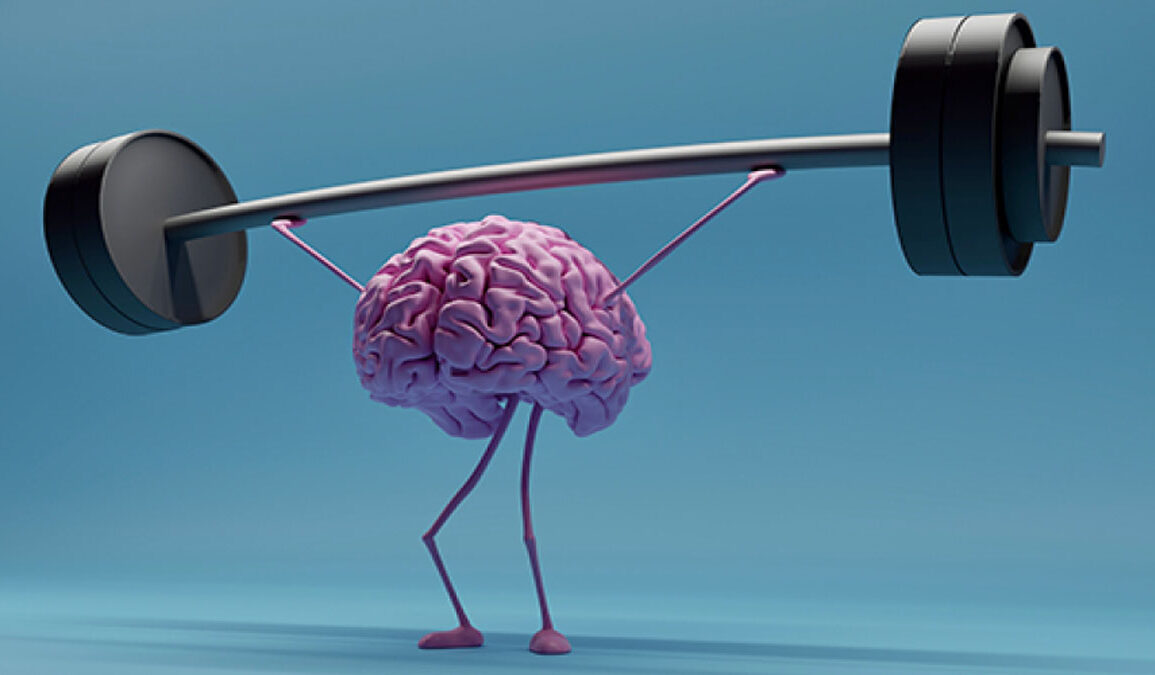The race to slow brain aging has taken a giant leap forward with artificial intelligence (AI). Researchers worldwide are leveraging deep learning to uncover genes responsible for cognitive decline, identify drugs that may counteract aging effects, and even predict future brain health. With aging populations and rising cases of neurodegenerative diseases like Alzheimer’s, these breakthroughs could transform healthcare.
Who Is Leading the Research?
Several institutions are pioneering this field, including:
- Zhejiang University in China – Researchers used AI to analyze MRI scans from nearly 39,000 individuals, identifying seven key genes linked to brain aging.
- University of Southern California (USC) – Scientists developed a deep-learning model to track the pace of brain aging, offering a more accurate way to predict cognitive decline.
- UK Biobank & Global Collaborators – Data from the UK Biobank, a massive health database, is being used to train AI models in brain age estimation.
By harnessing large-scale brain imaging and genetic data, these teams are uncovering critical insights into why some people maintain sharp cognitive function while others experience rapid decline.
How AI Is Mapping Brain Aging
The key to this breakthrough is the brain age gap (BAG)—the difference between a person’s actual age and their biological brain age, determined through AI analysis of MRI scans.
- A larger BAG means the brain is aging faster than expected and is linked to disorders like Alzheimer’s and schizophrenia.
- AI models, such as the 3D-ViT and 3D-CNN, analyze these MRI scans to detect structural changes in brain regions responsible for cognition, memory, and motor function.
One AI technique, called saliency mapping, pinpoints which brain regions are most affected by aging. Studies have identified the lentiform nucleus (linked to attention and working memory) and the posterior limb of the internal capsule (which connects different brain regions) as critical areas.
The Genetic Key to Slowing Brain Aging
A major discovery is that certain genes contribute significantly to brain aging. Researchers have identified seven key genes associated with cognitive decline:
- MAPT, TNFSF12, GZMB, SIRPB1, GNLY, NMB, and C1RL
These genes influence neuron function, inflammation, and the brain’s ability to repair itself. AI models are now being used to determine how these genes interact with brain aging and which drugs can counteract their effects.
Promising Drugs That Could Slow Brain Aging
One of the most exciting aspects of this research is the discovery of existing drugs that could be repurposed to slow brain aging. Since these medications are already approved for other conditions, they could reach patients much faster than entirely new drugs.
Researchers have identified 13 potential treatments, including:
- Hydrocortisone – Commonly used for autoimmune disorders, it may reduce inflammation linked to brain aging.
- Testosterone & Estradiol – These hormones influence cognitive function and may help slow age-related decline.
- Metformin – A diabetes drug that has shown promise in slowing aging-related processes.
- Diclofenac – A widely used anti-inflammatory that may also help protect brain cells.
Additionally, researchers found 28 other drugs with potential, including resveratrol (found in red wine) and dasatinib, a senolytic drug that targets aging cells.
When Will This Make an Impact?
While AI-driven brain aging research is advancing rapidly, widespread clinical applications are still a few years away. Here’s what to expect:
- Short-term (Next 3-5 Years) – AI models will be integrated into hospitals and research centers to help predict cognitive decline and test drug efficacy.
- Medium-term (5-10 Years) – Repurposed drugs could enter clinical trials specifically targeting brain aging. AI may also help personalize treatments based on individual genetic risk factors.
- Long-term (10+ Years) – AI-driven drug development could lead to entirely new treatments for cognitive aging, potentially extending the brain’s health span.
The Future of Brain Health
With AI accelerating discoveries in genetics, neuroimaging, and drug repurposing, we are closer than ever to slowing brain aging. While more research is needed—especially across diverse populations—these breakthroughs could revolutionize how we approach aging, cognitive decline, and neurodegenerative diseases.
By integrating AI into neuroscience, we may soon have the ability to predict, prevent, and even reverse brain aging, extending both lifespan and cognitive vitality well into old age.








